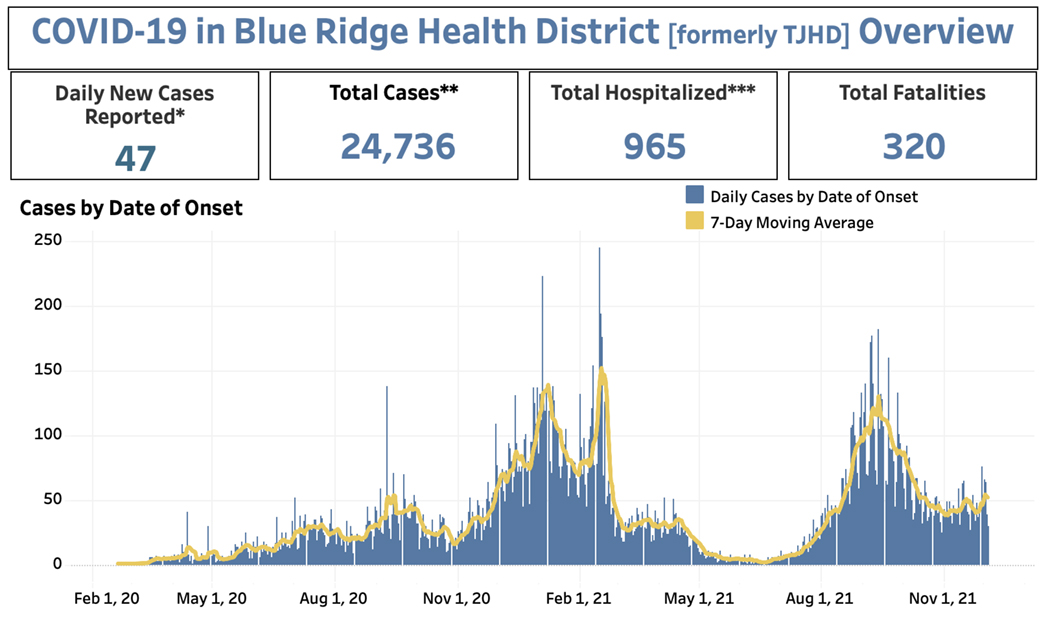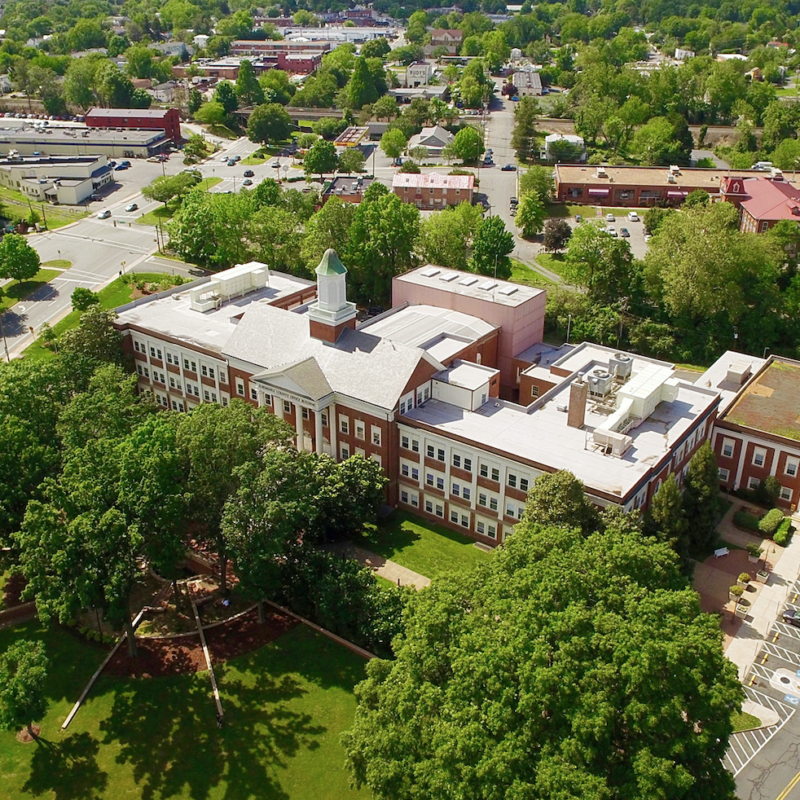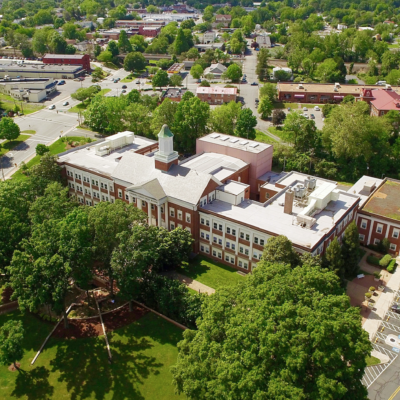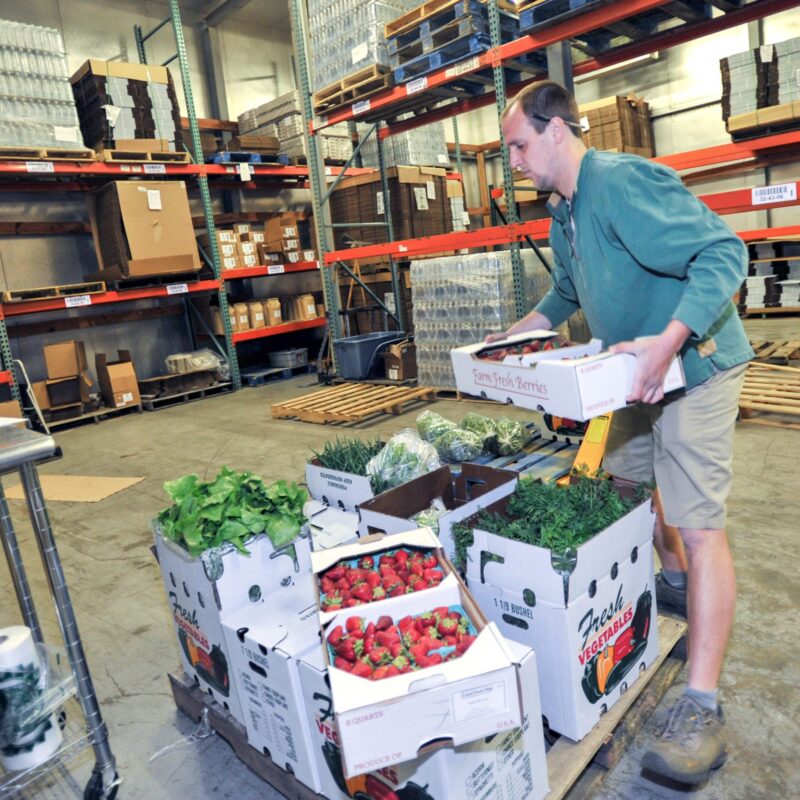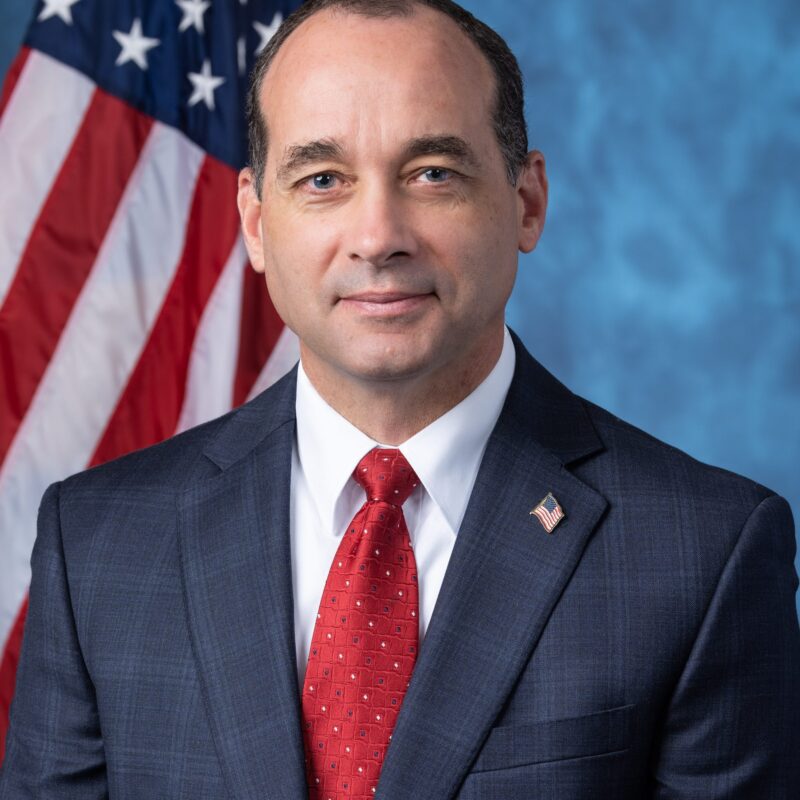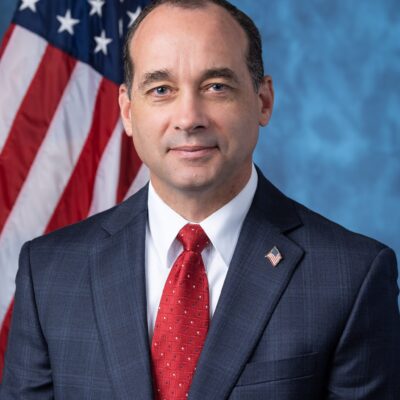Since South Africa reported the omicron variant to the World Health Organization on November 24, this new form of coronavirus has been detected in at least 38 countries. At press time, omicron had not yet been identified in Virginia, but several dozen cases have been reported in at least 17 states, including Maryland, New Jersey, and New York.
According to Blue Ridge Health District Director Dr. Denise Bonds, it is still too early to tell if the omicron variant is more transmissible or deadlier than the original strain of the virus, or other known variants like the delta and alpha. The delta variant currently accounts for 99.9 percent of new cases in the U.S.
“There are several mutations that cause structural changes in the virus that may make it easier to be infected,” explains Bonds. “That may mean that our defense systems—that is our vaccines and the antibodies that you develop—may not work quite as well.”
While it is unknown if the omicron variant causes more severe symptoms of the virus, everyone who has tested positive for the new variant in the U.S. so far has experienced mild symptoms, and most have been fully vaccinated, Bonds says.
“We don’t know if it’s mild symptoms because that’s what the variant causes, or if the individuals’ symptoms were mild because they were vaccinated,” says Bonds. “There are so many things we’re still trying to figure out.”
During a UVA Health press conference last week, Dr. Costi Sifri, director of hospital epidemiology, explained that it’s possible the omicron variant may begin to overtake the delta variant in some places, but not others.
“They may become coexisting and both be circulating at the same time,” he said. “It may be dependent on local factors, like what the level of vaccination or immunity is in a particular location.”
Since the start of the pandemic, the coronavirus has mutated as it’s spread across the world, leading to the emergence of multiple variants, explains Bonds.
“Viruses are really good at shuffling their instructions,” she says. “Every time that virus moves from person to person, or even is replicated within an individual, it’s an opportunity for those instructions to get just a little bit shuffled up.”
“Sometimes that change in the instructions doesn’t have any significance. But sometimes they get lucky, and the changes can result in something that’s quite infectious, like the delta variant,” she adds.
Especially in light of the new variant, the CDC is now encouraging all vaccinated adults to get COVID-19 booster shots. While those who received the Pfizer or Moderna vaccine should get their booster six months after their second dose, those who received the single-dose Johnson & Johnson should get their booster two months after their initial shot.
“Getting that booster shot will essentially remind your immune system, and ramp it up just a little bit so that you’ll have plenty of antibodies and other immune cells to protect yourself,” says Bonds.
Since late September, the arrival of booster shots has helped to bring COVID cases down significantly in the Blue Ridge Health District, says Bonds. Around 22 percent of residents in Charlottesville and 26 percent of residents in Albemarle County have received a third dose of the vaccine. Appointments and walk-ins are available Monday through Saturday at the Community Vaccination Center at Seminole Square.
Bonds also urges everyone to wear masks and social distance in public spaces, spend time outdoors, and wash their hands on a regular basis.
“If someone hasn’t gotten vaccinated, this really should be a call for them to come and get their vaccine,” she says.
